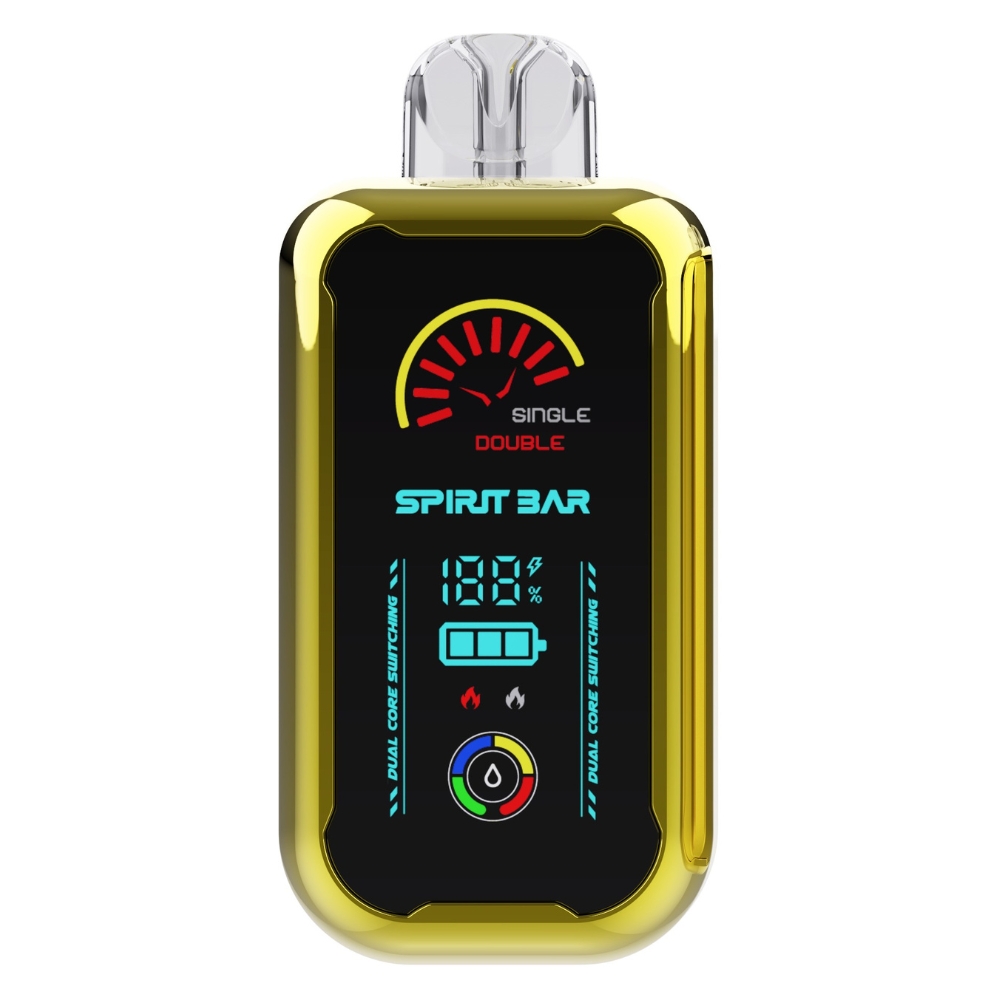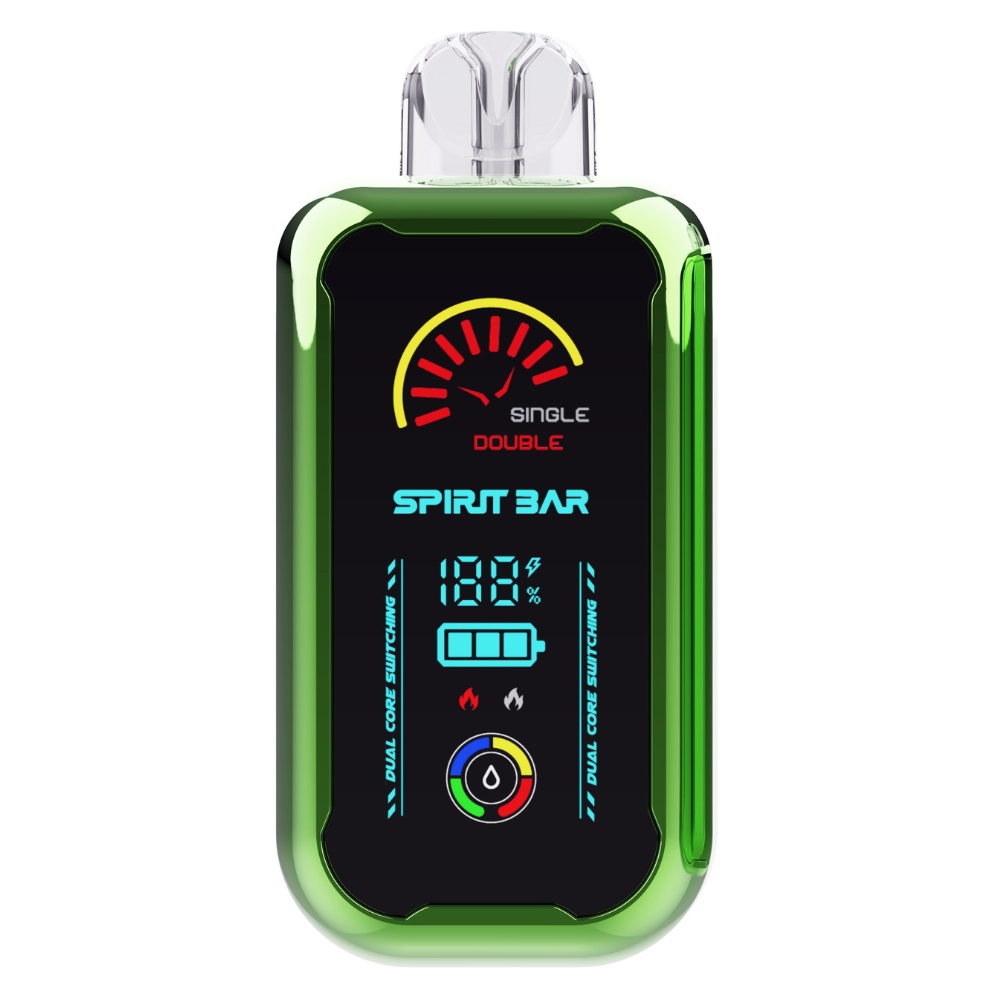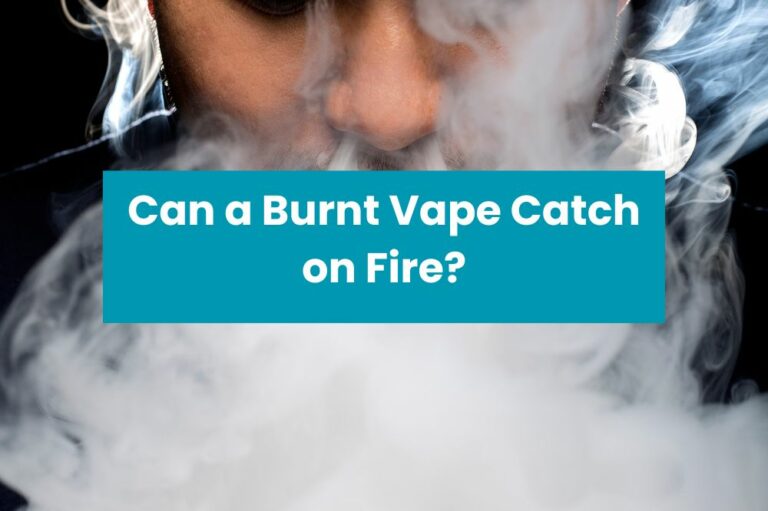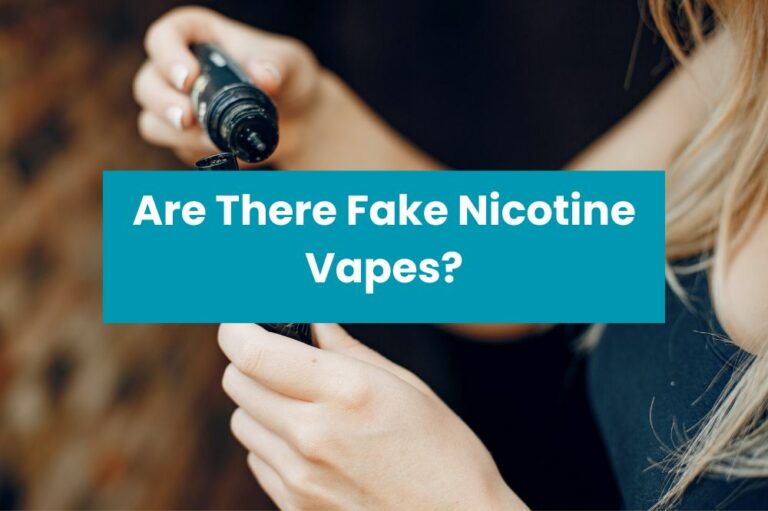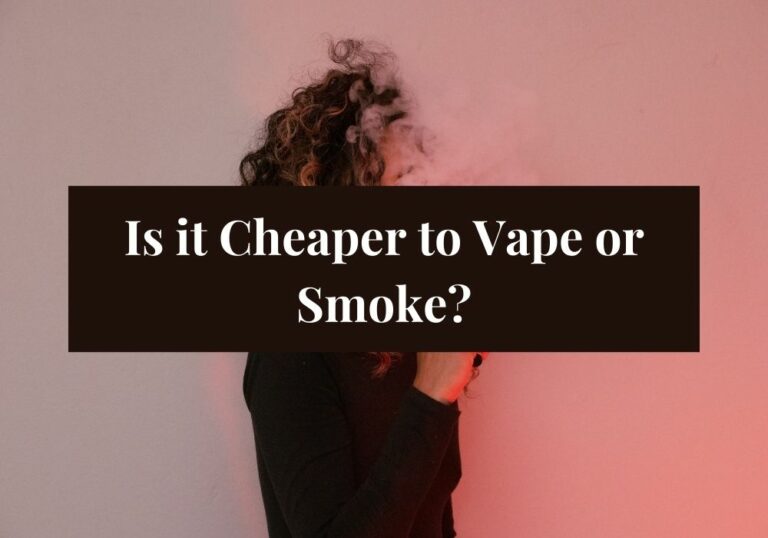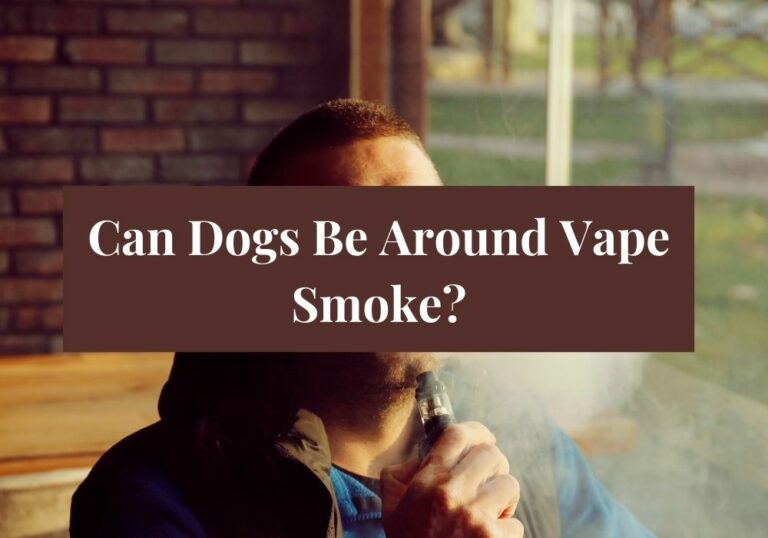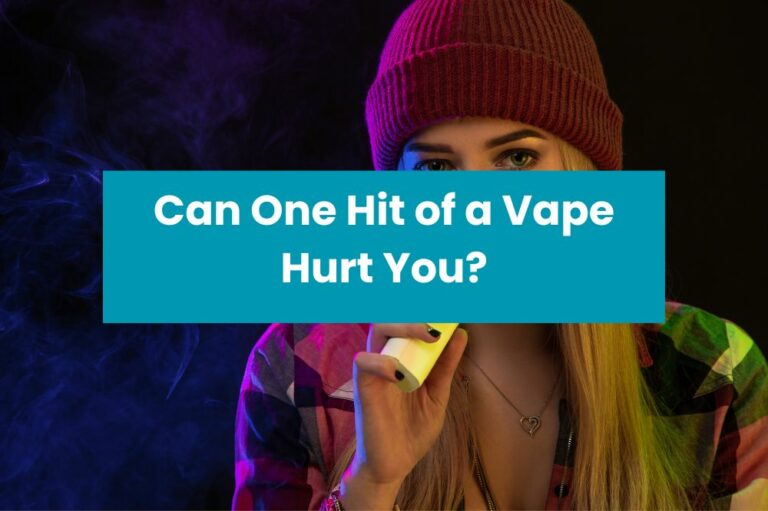Do They Make Vapes for Anxiety?
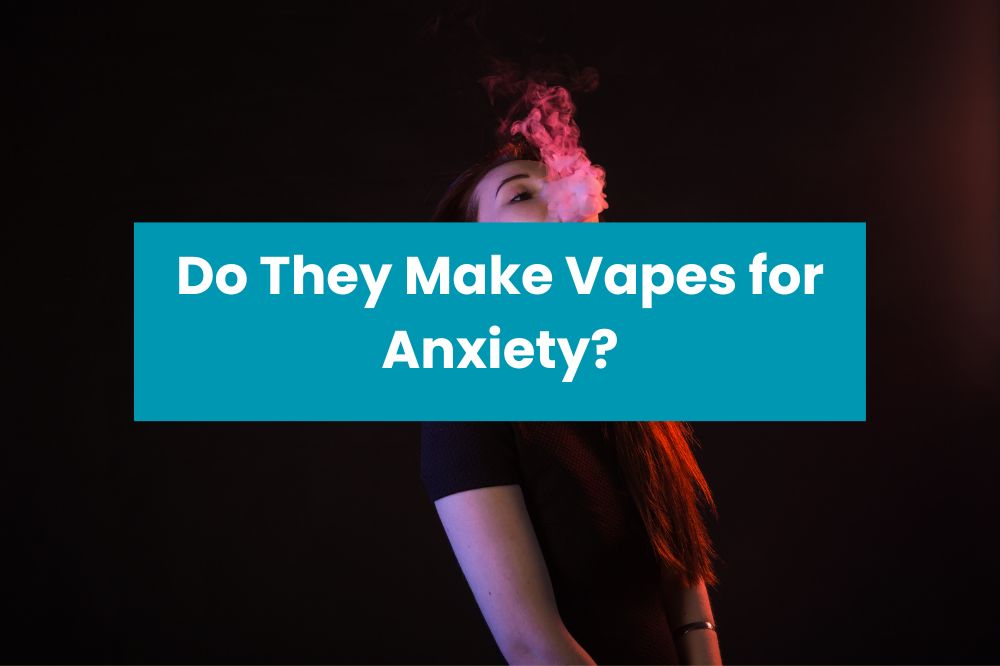
Do you suffer from anxiety and are looking for a way to manage it? Have you considered using vapes for anxiety relief? Vaping is a popular method of consuming substances, and it has become increasingly common as a way to manage anxiety. But do they make vapes specifically for anxiety, and do they work?
There are many different types of vapes available on the market, and some are designed to help with anxiety. For example, MELO is a vape that includes melatonin in its formula, which has been shown to help reduce anxiety. However, it’s important to note that not all vapes are created equal, and some may not be effective or safe for managing anxiety.
If you’re considering using vapes for anxiety relief, it’s important to do your research and talk to your doctor or a mental health professional. They can help you determine if vaping is a safe and effective option for managing your anxiety and recommend specific products that may be helpful. Keep in mind that vaping is not a cure for anxiety, and it’s important to also incorporate other healthy coping mechanisms into your routine.
Understanding Anxiety
Anxiety is a feeling of unease, such as worry or fear, that can be mild or severe. It is a normal emotion that everyone experiences from time to time, but when it becomes excessive or persistent, it can interfere with daily activities and quality of life.
Symptoms of Anxiety
The symptoms of anxiety can vary from person to person and can include physical, emotional, and behavioral changes. Some common symptoms of anxiety are:
- Feeling nervous, restless, or tense
- Having a sense of impending danger, panic, or doom
- Increased heart rate or breathing
- Sweating or trembling
- Difficulty sleeping or concentrating
- Avoiding certain situations or activities
Causes of Anxiety
Anxiety can be caused by a variety of factors, including genetics, brain chemistry, and life experiences. Some common causes of anxiety are:
- Family history of anxiety or other mental health disorders
- Trauma or stressful life events, such as abuse, death of a loved one, or financial problems
- Medical conditions, such as heart disease or thyroid problems
- Substance abuse or withdrawal from drugs or alcohol
- Certain medications or supplements
Understanding the symptoms and causes of anxiety is an important step in managing it. If you are experiencing anxiety, it is important to seek professional help from a mental health provider. They can help you develop a treatment plan that may include therapy, medication, and lifestyle changes.
Vaping and Anxiety
If you’re one of the many people who suffer from anxiety, you may have wondered if vaping could help alleviate your symptoms. While some people claim that vaping helps them relax and reduces their anxiety, the evidence is mixed and inconclusive.
How Vaping Works
When you vape, you inhale a vapor that contains nicotine, flavorings, and other chemicals. The nicotine in the vapor stimulates your brain’s reward system, which can increase feelings of pleasure and reduce anxiety in the short term. However, over time, frequent nicotine use can lead to addiction and withdrawal symptoms, which can exacerbate anxiety.
Potential Effects on Anxiety
While some people may feel that vaping helps them manage their anxiety, research suggests that it may actually worsen symptoms in some cases. According to a study by the American Heart Association, vaping nicotine and THC was linked to depression and anxiety symptoms in teens and young adults. Approximately 70% of THC-only vapers and 60% of nicotine-only vapers and dual vapers reported experiencing anxiety symptoms within the past week, compared to about 40% of participants who had never vaped.
Additionally, frequent nicotine use can lead to changes in brain chemistry that can increase anxiety and depression over time. While more research is needed to fully understand the relationship between vaping and mental health, it’s clear that vaping is not a healthy way to manage anxiety.
In summary, while some people may feel that vaping helps them manage their anxiety, the evidence is mixed and inconclusive. If you’re struggling with anxiety, it’s important to seek out healthy coping mechanisms and talk to a mental health professional about your symptoms.
Vapes Designed for Anxiety
If you suffer from anxiety, you may have heard about vapes designed to help you relax. These vapes are specially formulated to contain ingredients that can help reduce anxiety symptoms. In this section, we’ll take a look at the components of these vapes and how they function.
Components
Vapes designed for anxiety typically contain a blend of natural ingredients that have been shown to help reduce anxiety symptoms. Some of the most common ingredients include:
- Melatonin: A hormone that helps regulate sleep and wake cycles. It can help you feel more relaxed and calm.
- CBD: A non-psychoactive compound found in cannabis. It can help reduce anxiety and promote relaxation.
- L-theanine: An amino acid found in green tea. It can help reduce stress and anxiety symptoms.
These ingredients are typically combined with other natural compounds to create a vape that is both effective and safe to use.
How They Function
Vapes designed for anxiety work by delivering the active ingredients directly into your bloodstream through inhalation. When you inhale the vapor, the active ingredients are absorbed into your lungs and then quickly enter your bloodstream. This allows the ingredients to take effect quickly and provide fast relief from anxiety symptoms.
One of the benefits of using a vape for anxiety is that you can control the dosage more easily than with other forms of medication. You can take one or two puffs as needed to help you relax, without worrying about taking too much.
It’s important to note that while vapes designed for anxiety can be effective, they should not be used as a replacement for other forms of treatment. If you are experiencing severe anxiety symptoms, you should consult with a healthcare professional to determine the best course of treatment for your needs.
Scientific Research and Studies
Vaping has become a popular alternative to smoking, but what does scientific research say about its effectiveness in reducing anxiety? While there is some research that suggests that vaping may help reduce anxiety symptoms, there is still much to be learned about the long-term effects of vaping on anxiety.
One study found that medicinal marijuana, which is often consumed through vaping, may help reduce symptoms of anxiety and depression. The study found that the brain’s anxiety-limiting molecule and marijuana operate through the same receptors. However, it is important to note that this study was conducted on mice and not humans.
Another study found that vaping cannabis produces stronger effects than smoking cannabis for infrequent users. The study showed that vaping cannabis increased the rate of short-term anxiety, paranoia, memory loss, and distraction when doses were the same. This finding highlights the importance of understanding the potential negative effects of vaping on anxiety.
A survey conducted by the American Heart Association found that vaping nicotine and THC was associated with self-reported symptoms of depression and anxiety in teens and young adults. About 70% of the THC-only vapers and 60% of the nicotine-only vapers and dual vapers reported experiencing anxiety symptoms such as worries, flashbacks, panic attacks, and situational anxieties.
Additionally, a recent study found that young individuals who vape are over twice as likely to experience chronic stress. Although young vapers were often physically active, they reported higher levels of chronic stress.
Overall, while there is some evidence that vaping may help reduce anxiety symptoms, there is also evidence that it may have negative effects on anxiety and mental health. It is important to consult with a healthcare professional to determine if vaping is a safe and effective option for managing anxiety.
Pros and Cons of Using Vapes for Anxiety
Benefits
Vaping for anxiety has become increasingly popular due to its fast-acting relief and convenience. Here are some potential benefits of using vapes for anxiety:
- Immediate relief: Vaping can provide almost instant relief from anxiety symptoms. The calming effects of nicotine and other compounds found in e-liquids can help reduce feelings of stress and anxiety.
- Convenient and discreet: Vapes are easy to carry around and can be used discreetly, making them a convenient option for those who need quick relief from anxiety while on-the-go.
- Customizable dosages: Vapes come in a variety of strengths, allowing users to customize their dosage and find the right amount to alleviate their anxiety symptoms.
Risks
While vaping for anxiety may have its benefits, there are also some potential risks to consider:
- Addictive: Nicotine, the main ingredient in most e-liquids, is highly addictive. Continued use of vapes for anxiety may lead to dependence and withdrawal symptoms.
- Health risks: Vaping has been linked to various health risks, including lung damage, heart disease, and cancer. While the long-term effects of vaping are still being studied, it is important to consider the potential health risks before using vapes for anxiety.
- Ineffective for some: While vaping may work well for some people, it may not be effective for others. The effects of vaping can vary widely from person to person, and some may find that it does not provide the relief they need.
It is important to weigh the potential benefits and risks before using vapes for anxiety. If you are considering vaping as a way to manage your anxiety, it is recommended to consult with a healthcare professional to determine if it is a safe and effective option for you.
Alternatives to Vapes for Anxiety
If you’re looking for alternatives to vaping for anxiety, there are several options to consider. Here are a few:
1. Deep Breathing Exercises
Deep breathing exercises can be very effective at reducing anxiety. One technique is called diaphragmatic breathing, which involves breathing deeply from your diaphragm rather than shallowly from your chest. To do this, sit or lie down in a comfortable position and place one hand on your chest and the other on your stomach. Take a deep breath in through your nose, filling your stomach with air, and then slowly exhale through your mouth. Repeat for several minutes until you feel calmer.
2. Meditation
Meditation is another effective way to reduce anxiety. There are many different types of meditation, but one simple technique is to sit in a quiet place and focus on your breath. When your mind starts to wander, gently bring your attention back to your breath. You can start with just a few minutes a day and gradually increase the amount of time you spend meditating.
3. Exercise
Exercise is a great way to reduce anxiety and improve your overall health. It releases endorphins, which are natural mood-boosters, and can help you feel more relaxed and calm. You don’t need to do a high-intensity workout to get the benefits of exercise – even a brisk walk or gentle yoga practice can be helpful.
4. Aromatherapy
Aromatherapy involves using essential oils to promote relaxation and reduce anxiety. Some popular oils for anxiety include lavender, chamomile, and bergamot. You can use a diffuser to fill your home with the scent of these oils, or apply them topically to your skin (diluted with a carrier oil).
5. Therapy
If you’re struggling with anxiety, it’s important to seek professional help. A therapist can help you identify the root causes of your anxiety and develop coping strategies to manage it. There are many different types of therapy available, so it’s important to find one that works for you. Some options include cognitive-behavioral therapy (CBT), mindfulness-based therapy, and exposure therapy.

